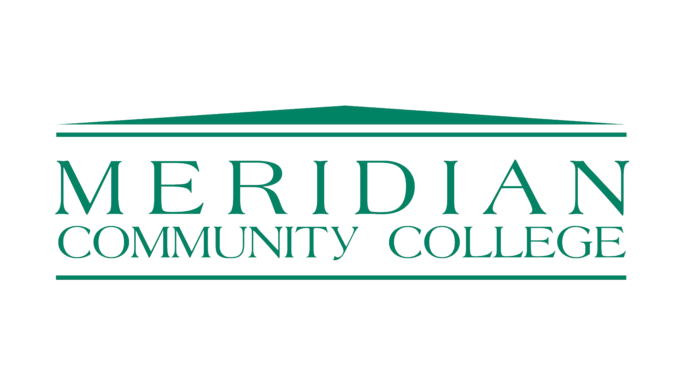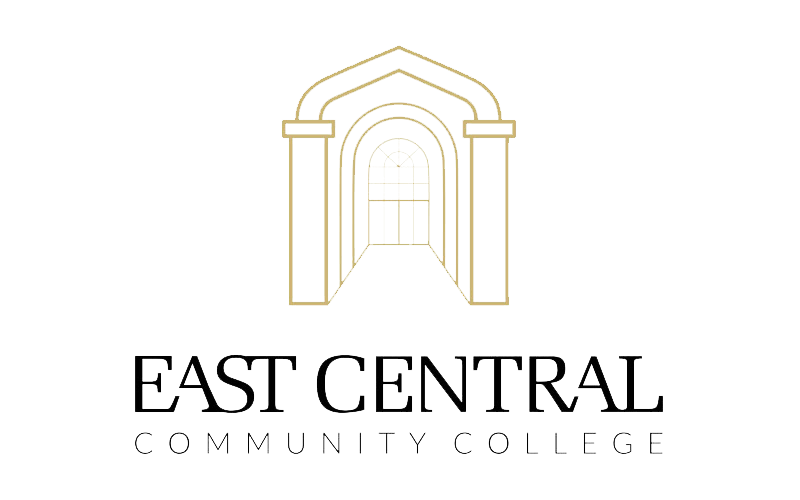HEALTHCARE
EMT-Paramedic
A community depends on an emergency medical system that responds quickly with well-educated and competent EMTs.

Salary Range Potential:
$35,000+ /YEAR
Education Required:
Community College or Technical Certification
Skills Needed:
Problem-solving, Mathematics, Communication, Flexibility, Critical thinking, Attention to detail
Types of Employers:
Ambulatory Health Care Services, General Medical And Surgical Hospitals, Outpatient Care Centers
Job Description
EMTs and Paramedics are two distinct levels of responders who provide emergency medical services in an external-hospital environment. Often, these medical professionals utilize ambulance-based resources and operate under the direction of a medical control physician within well-established parameters of medical care.

Training Opportunities
Emergency Medical Technician is a one-semester instructional program that prepares individuals to provide basic emergency medical care and transportation for critical and emergent patients who access the emergency medical system. Emergency Medical Technicians function as part of a comprehensive EMS response, under medical oversight, trained in airway management, communications, documentation, general pharmacology, hemorrhage control, ambulance operations, and splinting of adult, pediatric, and infant patients; and special care of patients exposed to heat, cold, radiation, or contagious disease. Students who complete the program are eligible to take the National Registry of Emergency Medical Technicians Exam and become state certified.
Pre-requisites required:
Length of Program:1 semester
Summary of Program Requirements:
Skills NeededSpeaking, Active Listening, Critical Thinking, Monitoring, Social Perceptiveness, Service Orientation Judgment and Decision Making, Active Learning, Coordination, Persuasion, Science, Operation Monitoring
The EMT-Paramedic training program is a postsecondary program drawing its students from individuals already possessing a valid EMT-Basic state certification and having Anatomy and Physiology I with lab and a grade average of C in each. Each student must be 18 years or older and possess a high school diploma or GED certificate. Prospective students will need to have an ACT composite score of 16 or higher. Classroom instruction is comprehensive including a working knowledge of all anatomy, physiology, and pathophysiology processes as well as competency-based instruction in assessment and management skills required for treatment of life-threatening problems in the adult, pediatric, and geriatric patient. Clinical internship requires participation in care of patients in a hospital emergency department that provides medical control to ALS providers in the field. According to availability; a clinical internship will include CCU, ICU, labor and delivery suite, operating room, psychiatric ward, pediatric ward and geriatric ward. Field internship is done with an ambulance service and/or rescue service providing advanced life support services to the community. Students must maintain a B average in all classes in order to continue the Paramedic program the following semester. A student successfully completing the program will receive an associate degree or technical certificate from the college and be eligible to take National Registry's Exam as an EMT-Paramedic. This training program is sanctioned by the Mississippi State Board of Health, Division of EMS, the State Department of Education, and Committee on Accreditation of Educational Programs for the EMS professions. The course meets or exceeds those standards established by the National Highway Safety Administration/U.S. Department of Transportation.
Pre-requisites required:Contact for more information.
Length of Program:1 Semester
Summary of Program Requirements:Contact for more information.
Skills NeededContact for more information
EMTs and Paramedics are two distinct levels of responders who provide emergency medical services in an external-hospital environment. Often, these medical professionals utilize ambulance-based resources and operate under the direction of a medical control physician within well-established parameters of medical care. Meridian Community College houses the state’s first Emergency Medical Science Academy. This division is responsible for the delivery of all Emergency Medical Technician (EMT) and Paramedic courses, clinical experiences, and EMS testing at MCC. The Emergency Medical Science Academy is a comprehensive learning environment designed specifically for EMS students of all levels.
Pre-requisites required:Applicants must meet Meridian Community College admission requirements.
Length of Program:1-2 years
Summary of Program Requirements:Applicants must meet Meridian Community College admission requirements.
Skills NeededProblem-solving, Mathematics, Communication, Flexibility, Critical thinking, Attention to Detail

Meridian
ContactChristopher Lafferty601-553-3487christopher.lafferty@meridiancc.edu
This course is offered in the fall, spring, and summer semesters on the Harrison County and Jackson County Campuses. It is a single, 7-credit course that prepares individuals to function in the pre-hospital environment. EMT basic course, EMS 1117, provides instruction in basic life support care of sick and injured persons
Pre-requisites required:Applicants must meet Mississippi Gulf Coast Community College admission requirements.
Length of Program:1 semester
Summary of Program Requirements:Applicants must meet Mississippi Gulf Coast Community College admission requirements.
Skills NeededProblem-solving, Mathematics, Communication, Flexibility, Critical thinking, Attention to Detail

Mississippi Gulf Coast Community College
Harrison County and Jackson County
ContactAngie Nelson228-267-8637angie.nelson@mgccc.edu

